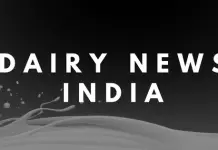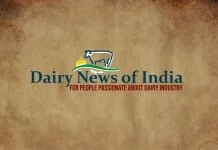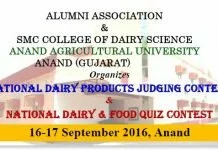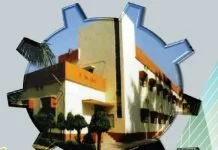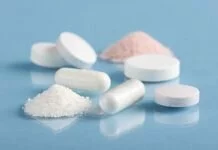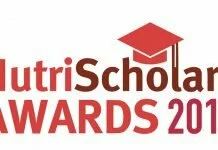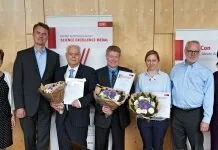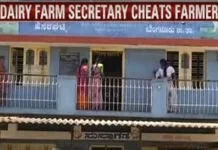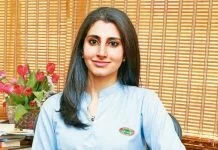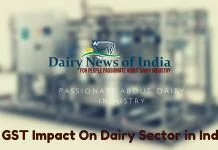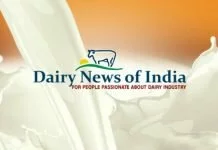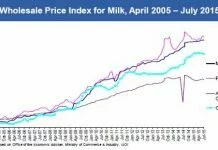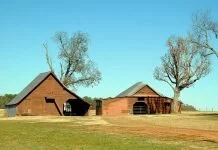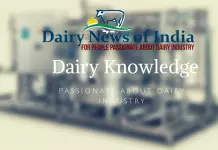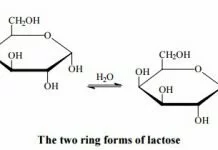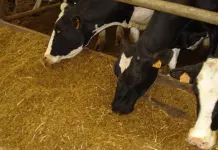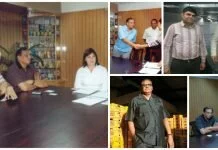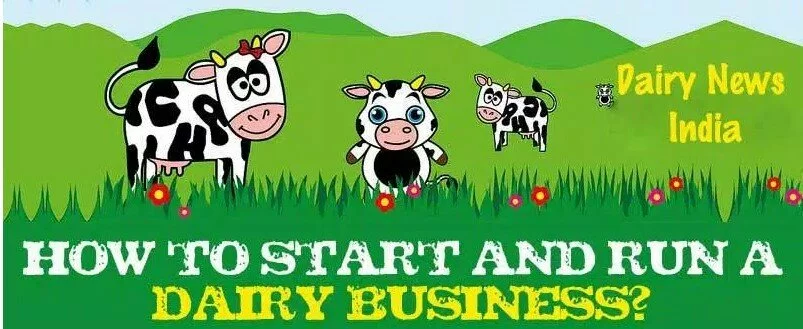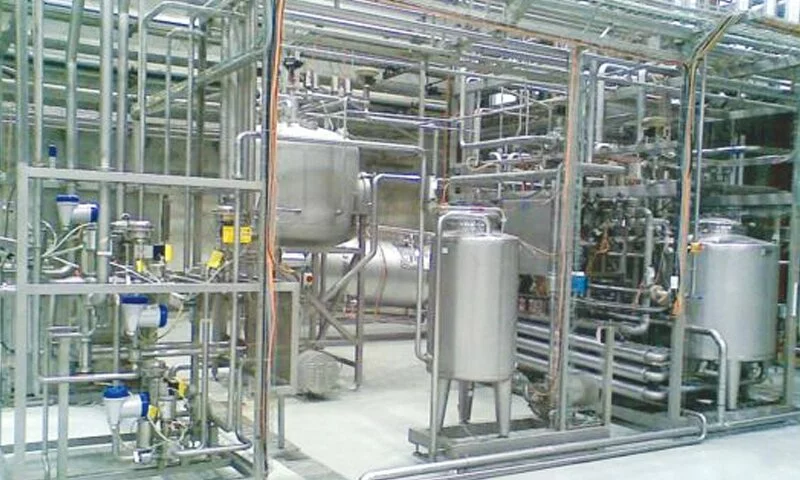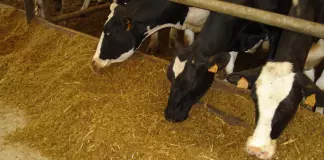Farmer’s son propagating integrated farming model
Source : Timesofindia.
It took him some years to realize that his engineering education would not help solve the basic problems of farmers. But once it struck him, he took a management course in social sciences in the prestigious Tata Institute of Social Sciences (TISS), returned home and started integrated farming concept among farmers in Chandrapur district.
Chetan Raut, a farmer’s son from a village in Yavatmal district, did his engineering from Nagpur’s Yashvantrao Chavan College of Engineering. But immediately after completing his degree he realized that his education would not help him fulfill his and his father’s dream of helping resolve farmers’ crisis as much as they could. So he joined TISS. This led him into the incubation center for social entrepreneurship and he is now leading the Arunokalp Trust in Chandrapur where farmers are motivated and trained in integrated farming.
“We already have a network of 50 farmers who have accepted the concept willingly. I am convincing each of them to buy at least one indigenous breed of cow so that they can both sell milk to have an alternative income and use cow urine and cow dung in agriculture to switch completely to organic farming. Having a cow in each farm family helps reduce input cost and makes agriculture more profitable and sustainable,” said Raut.
The issue of farmers crisis cannot be resolved until farmers take up integrated farming which includes animal husbandry, poultry, fishery to make agriculture a sustainable venture, he says. “Hence, we are encouraging farmers to only rear indigenous breeds of cows through Arunokalp. The Trust is also providing, albeit in a small way, organic inputs to farmers and also providing training, in addition to organizing farm visits and awareness campaigns for the small farmer fraternity.
At TISS, we realized that farmers in western Maharashtra do not suffer huge losses in agriculture as they have other components of farming integrated in the system.
We, too, need a local need-based model of integrated farming,” said Raut.
Being a TISS project, Arunokalp is being funded by Bank of Singapore. Under the Trust, volunteers are collecting milk from farmers rearing only indigenous cows. The unprocessed milk is packed in pouches and delivered door-to-door in Chandrapur and is getting good response. In addition, and as per requirement, milk is also processed into paneer, khoya, shrikhand and ghee.
Raut says he is considering Arunokalp as a start-up. “I will strive to make it a success although it is a long drawn and ambitious initiative and requires change in mindset of farmer fraternity,” he said. The trust is also working on creating model farms, increase milk production and collection, include processing of milk, conduct experiments for fodder management, soil improvement and land development. But as a pilot initiative, it is yielding good results.
Arunokalp’s Philosophy and Aims
- As agriculture problems are region specific, they need region specific solutions
- Integrated farming using multiple cropping methods can make farming sustainable
- Arunokalp is creating a model farming system by minimizing input cost
- The Trust is also training farmers in scientific methods of cultivation
- The project is concentrating on rearing indigenous cow breeds and using all materials produced from cow in agriculture like cow dung, cow urine etc
- Core project is organic farming based on local resources



